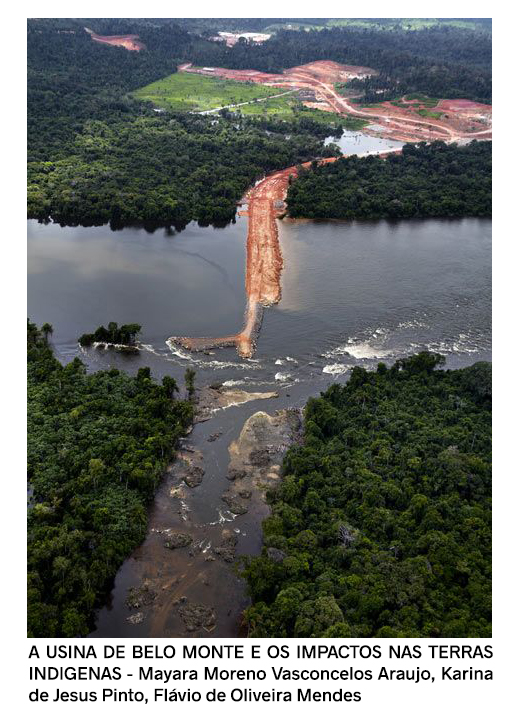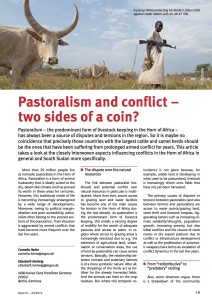Power and Vulnerability Land Dispute Resolution
Unfolding analysis reveals two types of land disputes prevalent in postwar northern Uganda: cases that involve a legitimate cause of action and those that do not.1 Since mediation and alternative forms of dispute resolution rely on parties’ willingness to negotiate in good faith, cases featuring ‘bad faith’ and land grabbing—where powerful parties intentionally exploit another person’s vulnerability in order to illegally2 claim land—pose a serious challenge for local land dispute mediators. Such mediators must wrestle with whether and how to remain neutral in the face of injustice.








